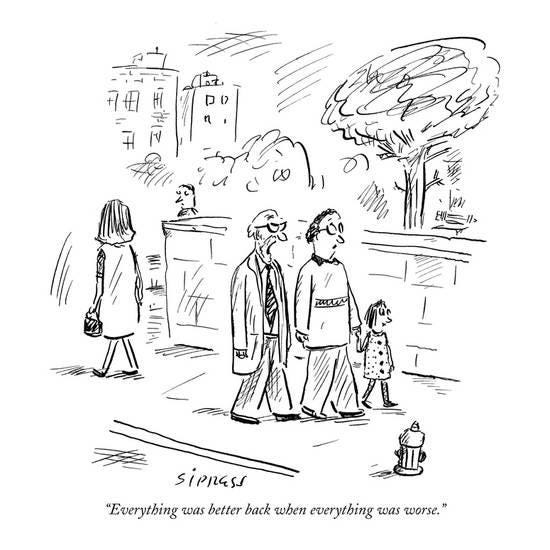On The Tim Ferriss Show, LeBron James said he sleeps eight or nine hours each night. Sometimes ten. And if he can’t get those, he’ll catch up with a two-hour nap. James is a prominent fan of quality shut-eye, but not the only one.
According to ESPN, sprinter Usain Bolt and tennis stars Venus Williams and Maria Sharapova also shoot for an average sleeping time close to the double-digits. Point guard legend Steve Nash told The New York Times that naps on game day are a common occurrence among NBA players — and they help.
The message is that sleep isn’t just beneficial, but essential to top performance.
This is easy enough to understand for physically demanding activities, like sports, but when it comes to knowledge work and creative professions, we have a much harder time accepting the importance of sleep.
And yet, all of us know how tough it can be to host a long meeting or how hungry we are after hours of creativity. So what’s going on here?
Read More













